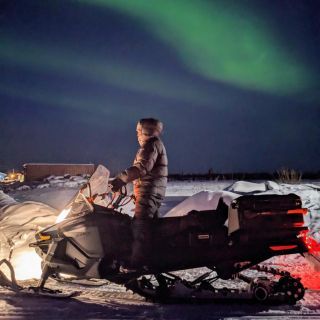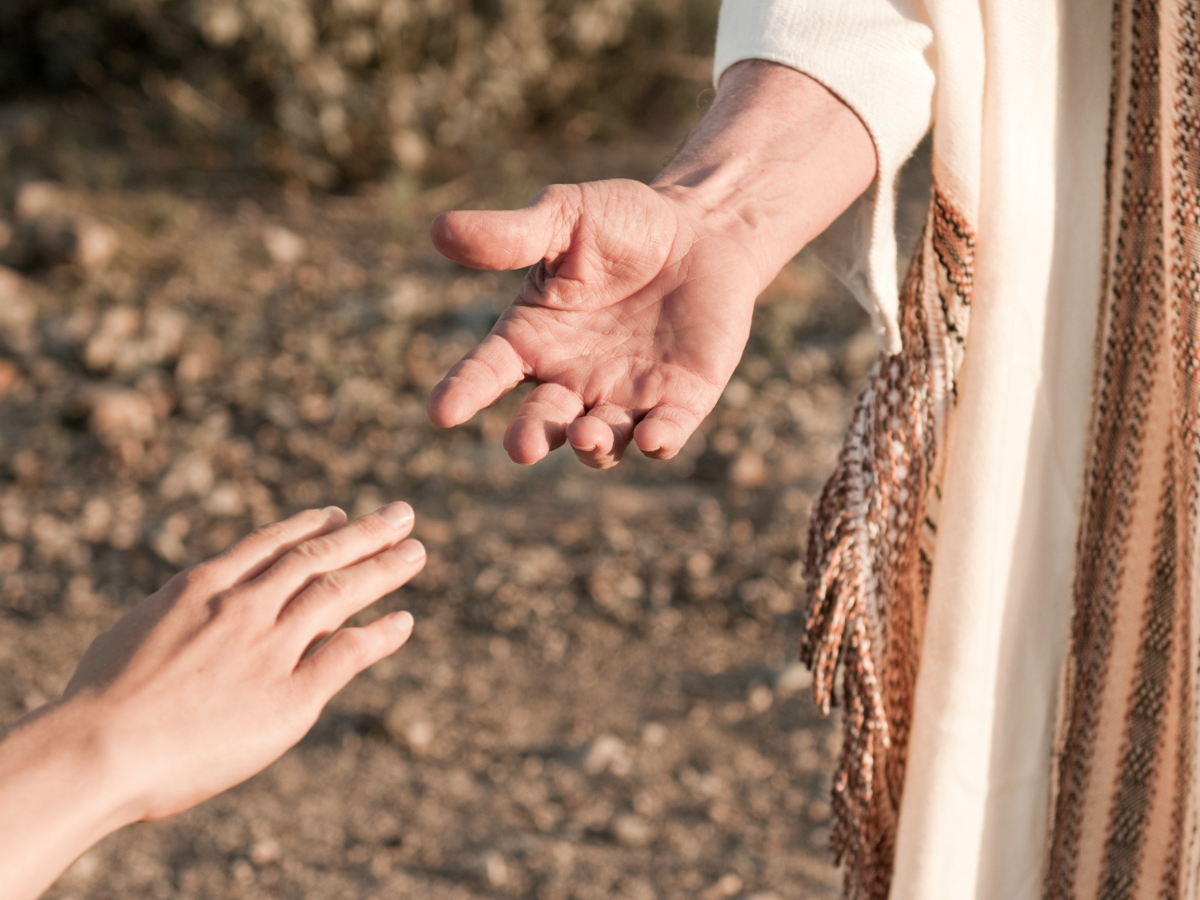
Christ Is Better: Sacrifices Worth Making for the Gospel in Alaska
It was toward the beginning of our support-raising season. We spent weeks traveling to different churches asking for support to move to bush Alaska as missionaries. My husband and I stood at the front of the church, presenting our desire to move to a remote village that did not have a gospel witness or church presence. It was then that an elderly lady raised her hand to ask a pointed question, “Will you have running water in the village?” I vividly remember looking at my husband with a snarky smile and saying, “We better!” The congregation chuckled, and I joined in.
Of course, we will have running water , I thought, or I’m not too sure this long-term plan will work out for me.
Little did I know the Lord had other plans.
A couple of years later, we chartered a flight to a small, remote village above the Arctic Circle. In the charter, our family of four sat among totes of luggage, household furnishings, and a four-wheeler, all crammed into the nine-seater plane.
And we planned on calling this village home?
Well, it did not have running water.
Gone was the luxury of taking long, hot showers. Gone was the ease of turning a faucet on to wash dishes. Gone were the nightly baths I gave my toddlers. And gone were the days of doing laundry in my own home.
But we learned the system in the village and adjusted.
We drove the four-wheeler or snow machine two miles to the local washeteria every other day, depending on the season. Planning was essential, especially in the winter when temperatures can drop to sixty below zero. We loaded up our five-gallon buckets with water for our daily needs, then drove the water to our home, where we carefully and conservatively used it.
I always prided myself on having clean children, a clean home, and a clean body. Yet my expectations of cleanliness began dropping a few notches. I accepted this, and once I started changing my mindset to contentment, it made for lower expectations, which thus resulted in a better attitude altogether.
Why would my expectations have changed over the years?
One reason is that our village of 150 has three washers, one dryer, and three showers for the entire population. We take turns cleaning, and access to running water is first come, first served.
Not only have I learned to be content without running water, but my flesh has been sacrificed again and again as I practice the discipline of sharing and putting others first, especially when the family in line before me at the washers is doing five loads for her family of six.
So, we’ve got the washeteria for water, but many wonder what constitutes a bathroom.
I’m glad you asked…well, maybe I’m not happy you asked, but it’s a question that’s bound to be asked, and while many want to ask yet can’t seem to get the words out, I’m glad to broach the subject.
In our village, every home has an outhouse. Without further details, using an outhouse in sixty below just doesn’t incite much bliss. That’s enough detail on that one!
Yet, one more comment.
Many women dream of their husbands building them a massive home with a wrap-around deck, a large kitchen, and a room for each child; I dream of an outhouse. An outhouse that I don’t have to share and is all mine. You see, when we have sleepovers with kids or Bible programs or church on Sundays, the outhouse is the main stop for many of our visitors. And it’s just plain disheartening to clean an outhouse in forty below with so much traffic.
And yet it provides me another opportunity to “strike a blow to my body and make it my slave,” as my husband and I preach the gospel to those here in the North (1 Corinthians 9:27).
Is it hard at times? Yes. Do I fail? Time and time again. But I’m growing with a slow and steady contentment and joy each day.
While the lack of running water in the village is mainly seen as a hindrance to the gospel, our family has noticed the blessing it is. It provides a means by which we can serve others. Many don’t have a four-wheeler or snow machine, so when they call us to haul water for them, we can serve them as we serve Christ.
We do so with the hope that relationships are made, friendships are formed, and the gospel might go forth.
I look back years ago to the declaration I made, “We better!” And I realize the better is Christ Himself. Proclaiming his name in the North, whether with running water or without, is worth every small and insignificant sacrifice—not because the circumstances are better, but because he’s worthy.
Christ is better.
This missionary’s experience is an incredible story of God’s grace in growing his people where he has led them. It is true that not all northern villages have indoor plumbing. Still, most do, and many of our missionaries are not called to face these particular challenges.
Project Caribou is an initiative by SEND North to support missionaries starting their ministry in Alaska and northern Canada. The project involves setting up key hub villages that serve as central points where teams of missionaries can minister together in that community and the surrounding villages. This team-based approach is designed to smooth the transition into ministry and provide a support network for addressing the distinct challenges associated with ministering in northern areas. It’s about creating a collaborative environment that helps missionaries adapt and thrive in their new roles.
Learn more about Project Caribou
Additional Posts




